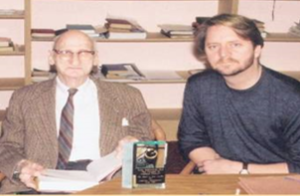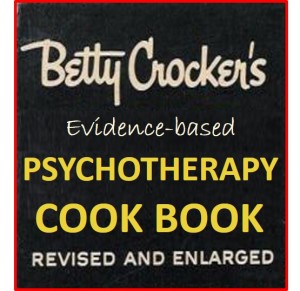I’m neither a great psychotherapist or surfer. I love doing both, however.
Turns out, the two share a fundamental similarity critical to successful execution; in a word, responsiveness.
/rəˈspänsivnəs/
NOUN
The quality of reacting quickly and positively.
In surfing, you take advantage of the waves coming your way. In psychotherapy, you utilize and react to what the client presents. In both activities, trying to force matters spoils, if not altogether thwarts, the experience.
Recent research actually shows “certain therapists are more effective than others … because [they are] appropriately responsive … providing each client with a different, individually tailored treatment” (1).
How best to improve this key skill?
Having just returned from a week surfing in Hawaii, I can definitely say “patience and persistence” are key. I spent a lot of time sitting on my board scanning the surrounding water for incoming waves. If not that, I was paddling like mad to get in front of a swell I hoped would turn into a good ride.
Sometimes I was ahead of the curve, other times behind. Even when my timing was right, some waves quickly “fell apart” leaving me slowly sinking into the surrounding water. Often enough though, it all came together, and what a high. Soon, and without thinking, I was laying astride my board paddling back out for more.
I’m sure you’ve had similar experiences in psychotherapy. At times, you are too early; at others, too late. With some, you are helpful; others, not so much. For most of the history of the field, patience and endurance, combined with training, supervision, and trial and error, are the ways by which we’ve learned to respond to and tailor the work to the individual. That is, until recently.
Consider the bar graph displayed on the right. It shows the results of a brand new study just released by my colleague Jeb Brown tracking the impact Feedback Informed Treatment (FIT) — the process of using formal measures to track progress and the quality of the therapeutic relationship — has on the outcome of psychotherapy. Importantly, the data used were drawn from a super-large, real world sample of working clinicians.
Here’s what Jeb found. Therapists who were more “engaged” in seeking and processing performance feedback were significantly more effective than their peers (an average effect size difference of .2 σ). In short, FIT improved clinical responsiveness, increasing the odds of practitioners “doing the right thing at the right time.”
If you’re not already using the two FIT scales, you can download and start them using them for free by clicking here. Several cutting edge software programs are also available that will administer and score the tools, as well as provide you with evidence-based feedback delivered at the point of service delivery. “Epic!” is likely what a Surfer would say if they to had access to similar tools for enhancing their responsiveness to local surf conditions.
Which reminds me …
 A few years back, Mark Hubble and I, together with our surfer bro, Seth Houdeshell, wrote a book about surfing. Actually, its an inspirational, “how to” volume about living the good life based on the principles of surfing. Jack Canfield, author of the Chicken Soup of the Soul books, described it “Like a warm sunny day at the beach,” promising it “would brighten your spirits and put a smile on your face.”
A few years back, Mark Hubble and I, together with our surfer bro, Seth Houdeshell, wrote a book about surfing. Actually, its an inspirational, “how to” volume about living the good life based on the principles of surfing. Jack Canfield, author of the Chicken Soup of the Soul books, described it “Like a warm sunny day at the beach,” promising it “would brighten your spirits and put a smile on your face.”
It’s a fun read that won’t strain your brain. Young or old, surfer or wannabe, I know you’d enjoy it.



